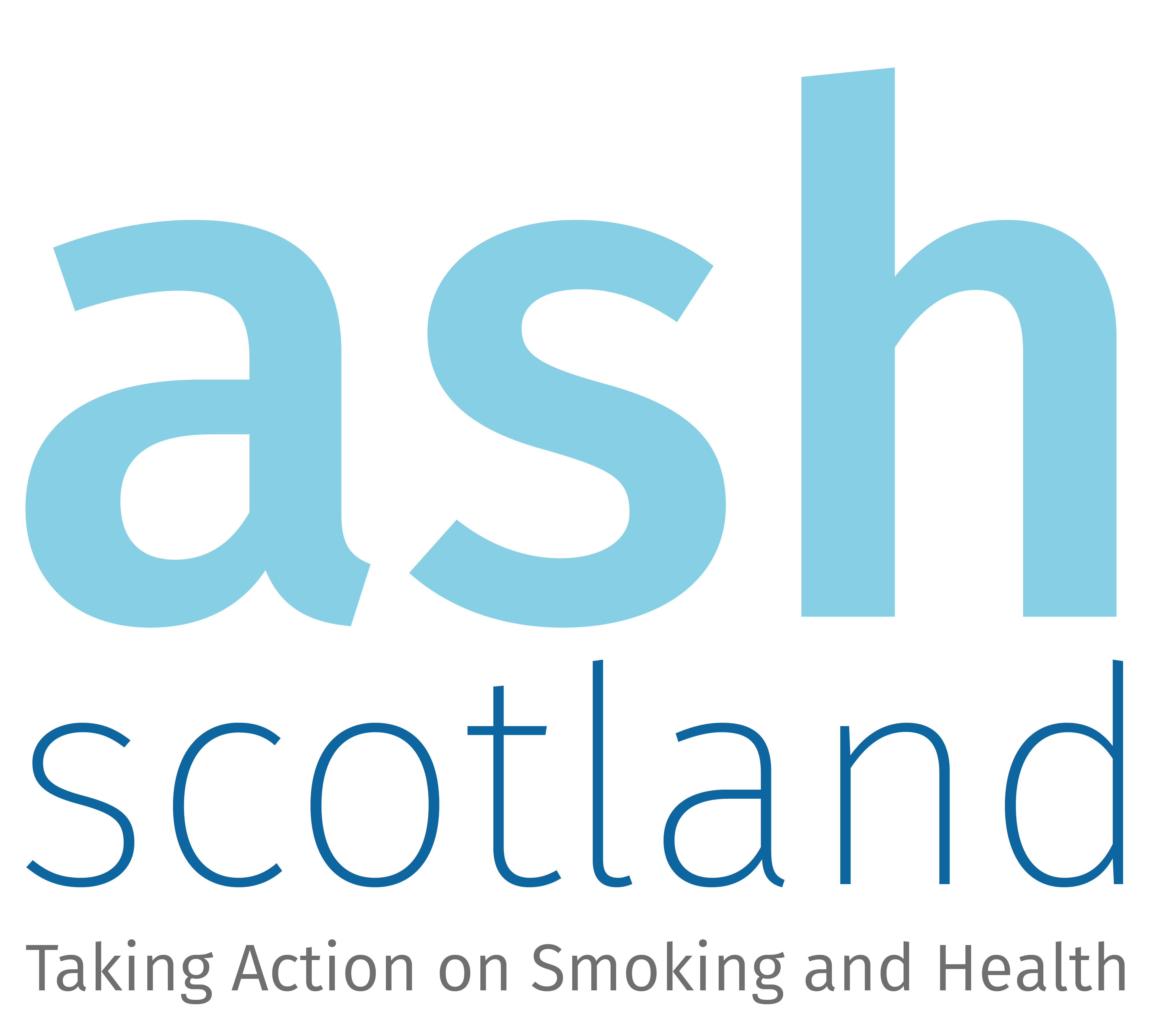Smoking and pregnancy
Welcome to our briefing on smoking and pregnancy. Here you will find information about the heath risks of smoking during pregnancy, facts and statistics about smoking and pregnancy in Scotland, and cessation options available to pregnant women.
Health risks associated with smoking during pregnancy
- Smoking increases the risks of a number of pregnancy-related illnesses and complications
- Smoking is the single largest preventable cause of foetal and infant disease risk in the world.
- Exposure to second-hand smoke during pregnancy is associated with lower birth weight.
- Exposure to second-hand smoke is also a serious health risk for infants, increasing the risk of developing ear and respiratory infections, asthma and sudden infant death.
- Exposure to second-hand smoke during childhood may impact a child’s mental development, and parental or carer smoking significantly increases the risk of the child starting to smoke.
"A mother quitting smoking prior to pregnancy reduces the potential of health risks affecting their baby to near never-smoker levels."
Maternal smoking
A 2019 study investigating pregnancies in Scotland between 1997-2009 showed that maternal smoking increased the risk of

The study also suggested that, within the first five years of life, the risk of bronchiolitis, asthma, admission for acute respiratory infections and bacterial meningitis increased by 1.3-1.5 times.
Smoking and pregnancy in Scotland
- Since 2001, smoking prevalence among pregnant women has more than halved, from 25.4% in 2001 to 11% in 2022.
- Smoking rates in the most deprived communities (SIMD 1) are at 20.4%, which is 8.5 times higher compared to 2.5% in the least deprived areas (SIMD 5). 72% of all smokers are from SIMD 1 or 2.
- There are large differences by age group. 26.8% of pregnant women younger than 20 smoke, 17.8% among those aged 20-24, and 8.3% among 30-35 year-olds.
- The highest prevalence of smoking at the first maternity booking appointment in Scotland’s regional health board areas is 17.2% in NHS Dumfries and Galloway, while the lowest is 6% in NHS Orkney.

Data suggests that pregnant women are slightly more likely than the general population to successfully quit smoking.

Smoking cessation options for pregnant women
Everyone in Scotland who smokes should be offered clear information by health professionals that expert support and, if needed, licensed pharmaceutical treatments with the strongest evidence base indicating they are the most effective ways to help people to stop smoking.
Expert cessation support, such as that provided by NHS Scotland’s Quit Your Way service, can increase the chances of success by three to four times. Each individual person, however, should be supported with their personal choice of method to leave tobacco behind, and not be turned away if they have chosen unlicensed approaches such as vaping as a potential route towards stopping smoking.
Data from NHS Scotland’s Quit Your Way smoking cessation services suggests that pregnant women are slightly more likely than the general population to successfully quit smoking. The 12-week quit rate has consistently improved from less than 17% prior to 2014 to 41% in 2022/2023.
The quit rate for the general population was 30% in 2022/23.

Most effective smoking cessation therapies for pregnant women

The strongest evidence of smoking cessation therapies during pregnancy suggests the most effective include counselling, financial incentives and providing feedback (e.g. through carbon monoxide monitoring).
Different examples of NRT (Nicotine Replacement Therapy)
A 2020 Cochrane review found nicotine replacement therapy was not harmful and can increase pregnant women’s chances of quitting smoking successfully. It also suggested that bupropion is not effective in helping pregnant women to quit smoking and research on its health impacts during pregnancy is limited.

Pregnancy and e-cigarettes
As e-cigarettes have only been regularly used by consumers in Scotland for just over a decade and, there have been many variations in products and e-liquids in that time, including the emergence of disposable vapes in the last few years, research about long-term harms is not available.
Smoking cessation aid
No e-cigarettes (vapes) have been approved by the Medicines and Healthcare products Regulatory Agency (MHRA) for NHS prescription use as a smoking cessation aid in the UK, and a systematic review did not find sufficient evidence on the effectiveness of e-cigarettes for quit smoking attempts by pregnant women to draw conclusions.
Dual use
Using both smoked tobacco and e-cigarettes (dual use) does not reduce harm. Replacing smoked tobacco completely with e-cigarettes during pregnancy may mean the intake of fewer toxins. However, recreational e-cigarettes contain additional harmful substances not found in tobacco, therefore less harmful options should be explored.
Nicotine
An evidence briefing published by the Scottish Government in 2024 stated that there was insufficient evidence to make a conclusion on the health effects of vaping on pregnant women or their babies.
Available literature suggests that, unlike smoking, vaping during pregnancy has little or no effect on birth weight. Some evidence, however, suggests that nicotine may have negative health impacts on pregnancies and babies.
Impacts are likely to be negligible when nicotine is used in the short term – for example when using nicotine replacement therapy during a quit smoking attempt whereby levels of nicotine intake can progressively be reduced.
You can download a PDF factsheet version of this page here

